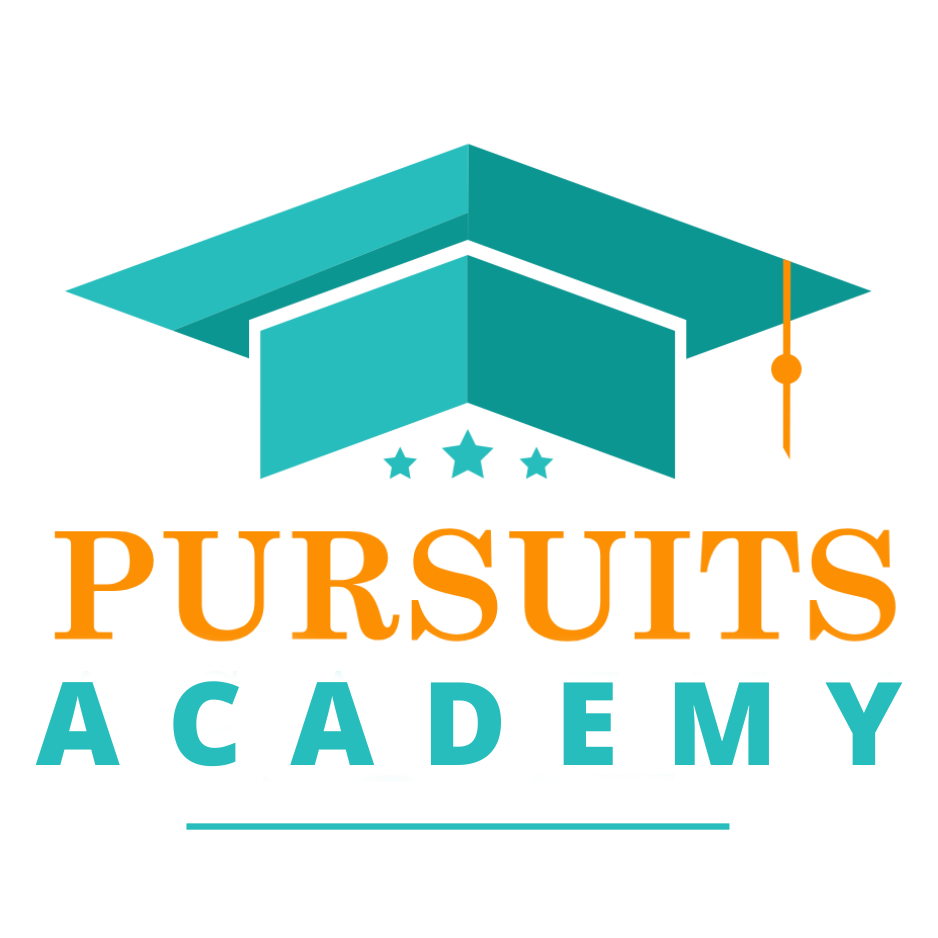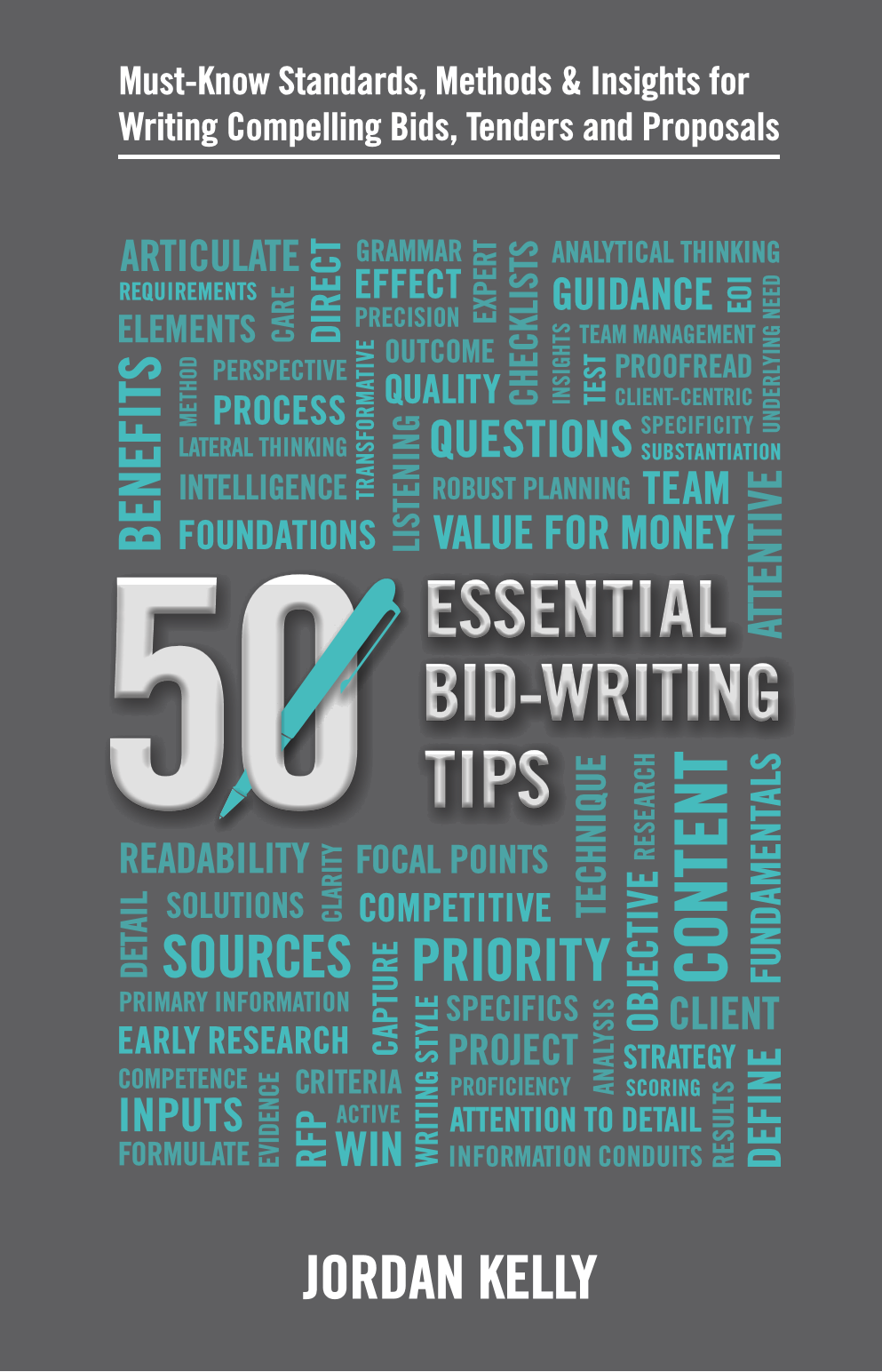CATEGORIES:
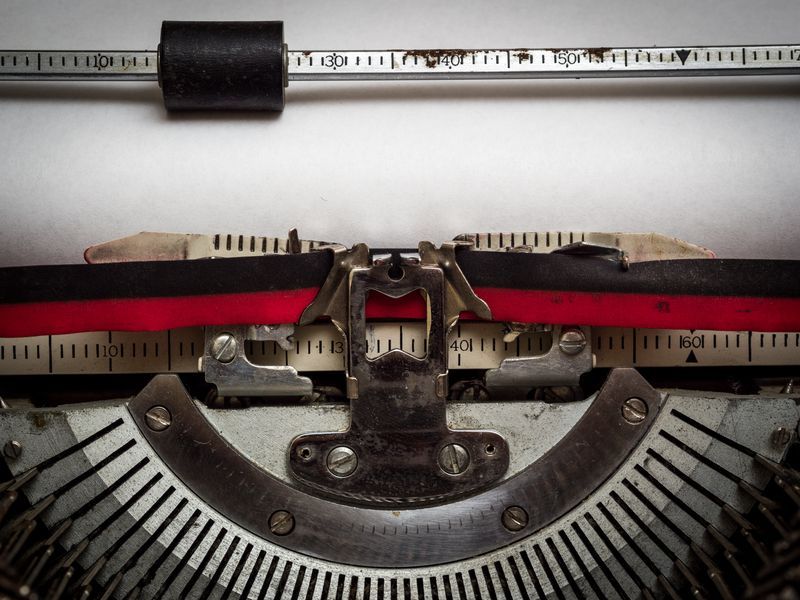
Start. Just start – anywhere in the piece.
I started out my career as a cadet reporter. When you’re writing for a daily newspaper, one of the most important skills you have to acquire is the ability to craft a great “lead-in” i.e. to grab the reader and draw him in.
No matter how much you hone this particular aspect of the craft though, you can still sit and sweat over your introductory paragraph for ages. Especially if you’re addicted to perfection . . . or if your subeditor is.
I soon learned that the best way is (after you’ve mapped out your basic structure) to simply start writing the piece . . . just let it roll (I stress – after having first sketched out your basic flow of facts).
In my experience, the best lead-in (also known as an “intro”) will reveal itself during the course of the exercise.
You can go back and write it / work on it later – crafting it to perfection if you will. But you won’t have let it stymie your overall progress.
50 ESSENTIAL BID-WRITING TIPS
(Book)
Intentional successful bids are guided by a strategy that is well-researched, customer-centric / client-centric, substance-based, savvily-formulated, and documented in detail.
It is the bid writer's job to ensure that strategy (the primary – but not exclusive – role of which is to address all known selection criteria) is then articulated clearly, consistently and compellingly throughout every section of the proposal.
BID-WRITING LESSONS FROM THE WORLD'S GREATEST AUTHORS
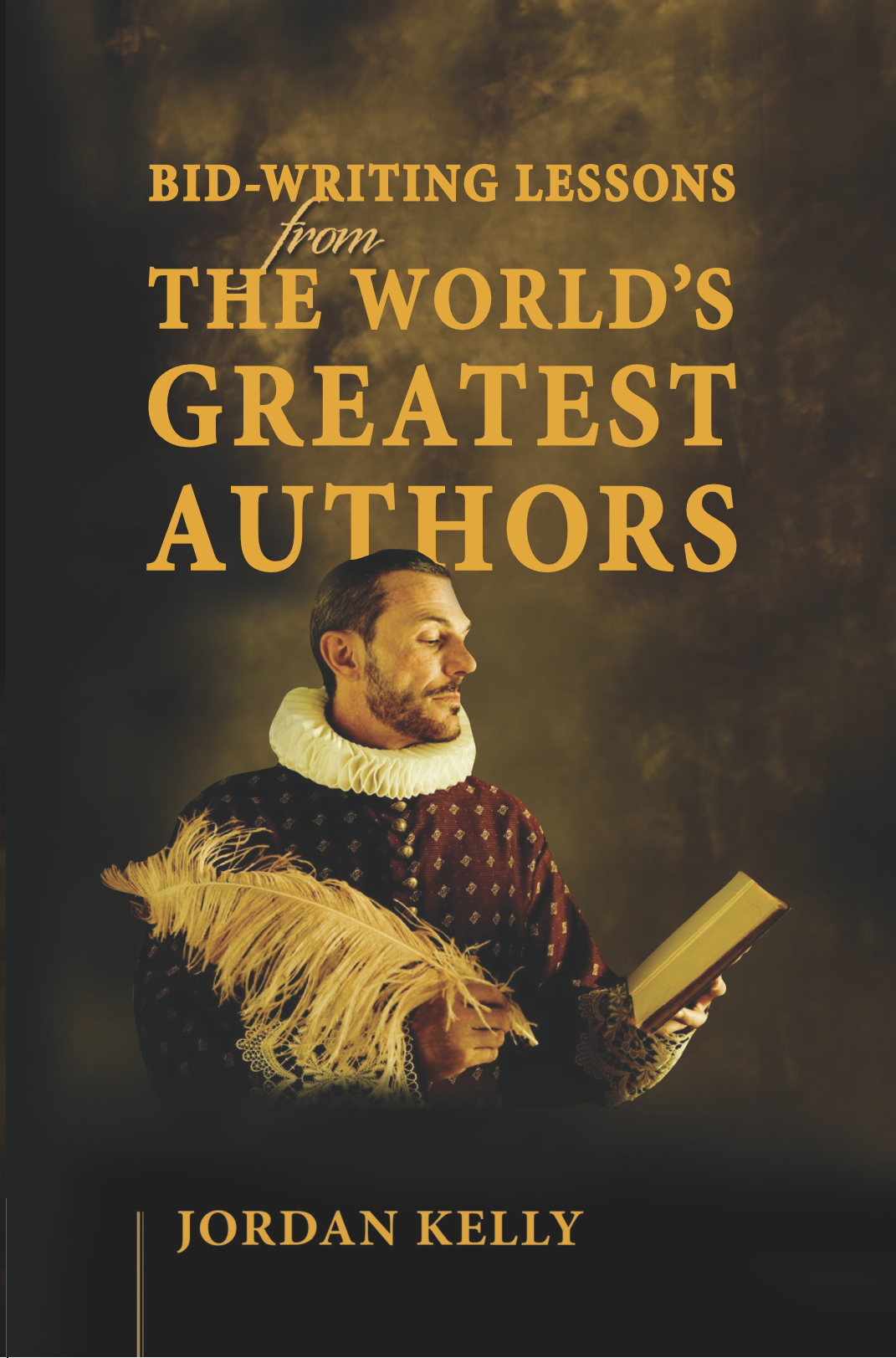
(Book)
History’s literary greats have much to teach the writers of today. No-one, however, could benefit more from becoming a student of these masters of the written word than the commercial bid writer.
Their philosophies are enduring, and the principles that guided their work are as relevant to twenty-first century proposal professionals as they must have been to the disciples of their living years.
